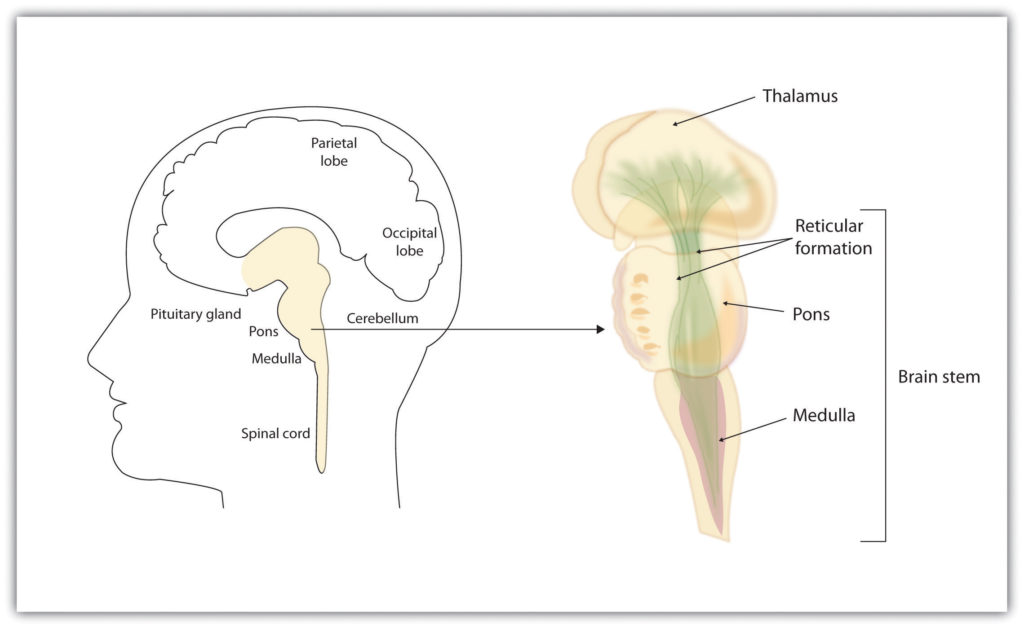“What do you see when you turn out the light?
I can’t tell you, but I know it’s mine.”
— Lennon and McCartney
What is the last thing you think about, just before you drift off to sleep? What is the first thing you think about, when you wake up in the morning?
When I was a teenager, I played the cello. I was good, but not great, and while I practiced, I never quite put in the sheer number of practice hours it would have taken to truly excel.
However, I had a secret weapon: every night, while lying in the dark and waiting for sleep to overtake me, I would take an especially difficult piece I wanted to learn and play it through, every note perfect, in my head.
I did something similar during the day, too. At school, when the teacher would tell us, “Okay, I want everyone to take notes now,” I would interpret that creatively. I’d slip a sheet of music paper out onto my desk, and while the teacher droned on about … whatever … I would bring up a piece of music in my mind, visualizing it (or I should say audializing it) and try to pull the actual notes from the ether of vague memory onto the page, detailing exactly which note followed what, and where, and when.
This was great training for the music brain.
But nowhere near as powerful as that nighttime drifting-off virtual cello practice.
When I lay there in my bed, picturing myself playing that too-difficult piece, the music would embed itself deep in my subconscious and seep into my muscles. Before long, I would be able to physically play it.
There’s a reason for that.
There is a network of nerve pathways in your brain, called the reticular formation, that connects the brain stem and other more basic brain functions with the seat of higher functioning, the cerebral cortex and cerebellum. This nerve matrix acts as an input filter, sifting through the vast jumble of sensory data your brain draws from the external world and deciding which bits to feed to your conscious attention.
 You may have heard about this thing. It’s also sometimes called the reticular activating system (RAS), and people in personal development love to talk about it.
You may have heard about this thing. It’s also sometimes called the reticular activating system (RAS), and people in personal development love to talk about it.
What you may not have heard is that it also serves a second, equally intriguing function: it manages the transition from sleep state to wakefulness, and vice versa.
When you are awake your conscious brain functions are active, running the show like a ship’s captain at the helm. During sleep, your conscious mind hits the bunk and snores, leaving the ship entirely to the crew, that is, your subconscious, which manages the millions of metabolic and other functions that keep you alive and on course. It is your subconscious that largely dictates the unfolding of your dreams—and I mean that word in every sense.
The messages you feed your mind, moment to moment, have a powerful impact throughout the day. Anyone who achieves any level of success has, to some degree, mastered what they tell themselves, day in and day out.
But there are two specific times, each and every day, that are most important to pay attention to, because they are the two times when your psyche is most susceptible to whatever you feed it: those two brief times of transition as your reticular formation passed the baton from wake state to dream state, captain to crew, and back again.
What you feed your mind as you drift off to sleep tends to go in there and stay in there. And whatever you say to yourself every morning, in those first few minutes as you emerge from sleep into wakefulness, tend to have a pervasive influence on the whole day.
They are, you might say, two moments when you are automatically slip into (or slip through, anyway) a naturally meditative state.
During those pregnant moments, your world turns into a magic island, like the one that Prospero and Miranda inhabit in Shakespeare’s The Tempest, as described by the poor monster-poet Caliban:
“Sometimes a thousand twangling instruments
Will hum about mine ears, and sometime voices
That, if I then had waked after long sleep,
Will make me sleep again: and then, in dreaming,
The clouds methought would open and show riches
Ready to drop upon me that, when I waked,
I cried to dream again.”
— The Tempest, Act 3, Scene 2
As an adult, I’ve worked this twice-a-day twilightness into a different sort of practice, not around the cello, but around my life. It goes like this:
At night, before sleeping, I turn my thoughts toward those things that I aspire to achieve, my biggest dreams and pursuits. In the morning, on the first realization that I’m awake, here and now, I’ve trained myself to think immediately about what it is I’m grateful for.
That’s it. Simple. Powerful.
Night: aspiration.
Morning: gratitude.
So, back to those two questions.
What is the last thing you think about, just before you drift off to sleep? And what is the first thing you think about, when you wake up in the morning?
Chart: Introduction to Physiology, v. 1.0, Saylor Academy (2012)


John, I love this article. I’ve noticed that people who practice gratitude and focus on their goals (aspiration), tend to achieve happiness and success, even if it’s not the success they originally planned. After all, adjusting and changing are key to success of any kind, right? Anyway, I thought of all the people I could send this to and then saw the Facebook icon. I hadn’t seen that before. So now, even more people will read it. Thank you very much John, for this article and all the others! I love to read your thoughts.
Oh thank you, Bev! Love seeing you here . . . and I couldn’t agree more. A regularly exercising grateful heart gives birth to deeper and more constant happiness, which in turn breeds success. And constantly reconnecting with aspiration keeps your view on the positive side of the ledger! (“Man’s reach should exceed his grasp, or what’s a Heaven for?”)
Thank you very much John. This is a great way of life. I appreciate your story.
You are so welcome, Kathryn!
Hello John! After fighting myself and my MasterMind group’s stern instruction that all six of us should start a gratitude journal first thing in the morning (how do I have time for anything more in my day?) I’ve been writing it now for several years – three to five things that happened in the last 24 hours and no repeating. Sometimes unwanted and unpleasant occurrences can become something to be grateful for. If you remember, I’m a pretty optimistic gal, and now my day flows even more easily. I set intentions for the day and write myself a reminder list and begin my day feeling positive and inspired.
Now I’ll add the last thing at night aspiration part. Wonderful idea.
While at the EWomenNetwork annual conference in Dallas last week we drew ‘Goddess Cards’ which hit home and made sense for just about everyone. I drew the same card the first 2 days, ‘Bright Future — don’t worry, everything will be fine’ (I’d been concerned about following my gut and signing up for an expensive 3-day session in Beverly Hills with Ken Kragen, which I’ve wanted to do for 4 years — google him if you don’t know him — he’s amazing, kind and without ego) and the third day I picked ‘Golden Opportunity — important doors are opening for you now. Walk through them.’ Wow. So your nighttime thought suggestions will fit right in.
Thank you John, and love to you both.
So lovely to hear from you, Carol! Walk on through, the water’s fine. (To mex mitaphors.)